Saying No to Kebabs
Picture an idyllic sea town in Tuscany with a fortress that rises in the middle of the main square. A town where the king of high fashion, Giorgio Armani, and Italy's most beloved tenor, Andrea Bocelli, own luxurious homes.
Just about every European noble, but also diplomats, business-men and managers, artists and V.I.P.s, has their beautiful villas protected by the greenery of the local pinewoods. Forte Dei Marmi was one of the first beach resorts in Italy, popular for its sandy beaches and elegant hotels. It was and it still is a very exclusive place.
Here restaurants that serve spaghetti with clams or local Tuscan fare are more than welcome. Places who serve kebabs or dim sum, are a big 'no no.' The town's council, which just passed a decree unanimously this week, bans "foreign" establishments, even the most familiar ones such as burger joints and English-style pubs.
The city's mayor, Umberto Buratti (Democratic Party) , explains that “this isn't an act of xenophobia, but an act to safeguard and appreciate our land and our cuisine. We would say 'no' to everybody, including American hamburger chains.”
The latest decree is indeed an additional display of a legal action that was applied about a year ago: it is forbidden to open, in downtown Forte dei Marmi, new banks, insurance agencies or real estate offices but also small craft labs that do not make products that are typical of the area. Now the decree forbids restaurants, bars and places that serve food and beverages, to serve anything that is not traditional local cuisine.
No existing store will be closed down. Their point is that new places, either Middle Eastern or Chinese, could never afford paying rent in one of the country's most expensive towns, as the high fashion houses that dot the streets do. “There is a sushi take away place,” Buratti continues, “but it is not downtown.” The interdiction aims to promote local production. “We have launched a competition to gather ideas on how to revive Forte dei Marmi's traditional open air food market, where all local producers can find a spot for their stuff.” The town is supportive as they want to stop the tide of foreign food invading Italy. Italians can be conservative about what they eat.
Forte dei Marmi is not the first Italian town to ban ethnic restaurants – the nearby town of Lucca, famous for its medieval city walls and historic churches, attracted accusations of racism when it did the same thing in 2009. Kebabs were also banned in Cittadella, in the province of Padua, back in May as “they are not part of our food culture and our tradition.” More than 40 per cent of Italian people have never eaten foreign offerings such as sushi, curries and kebabs, according to a survey released by Coldiretti, the national agricultural association.
“Notwithstanding the rapid spread of restaurants offering ethnic food, only seven per cent of Italians eat on a regular basis in a foreign takeaway and only five per cent in a foreign restaurant,” the report said.






























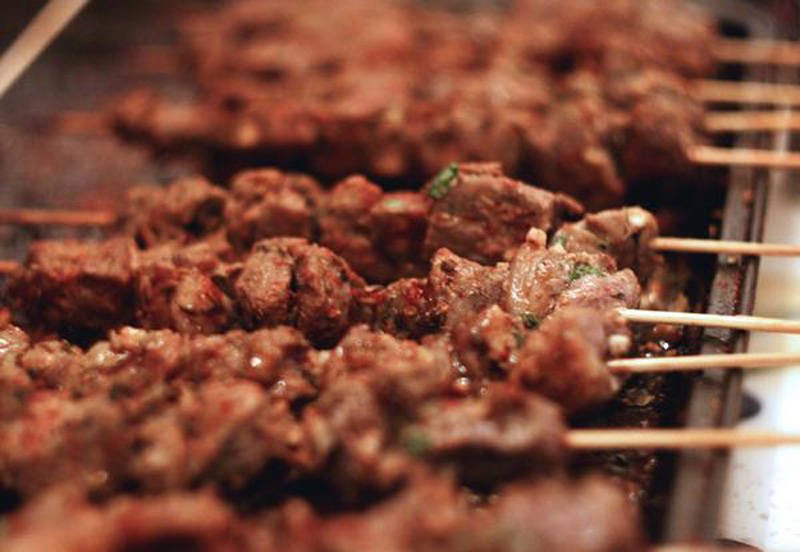
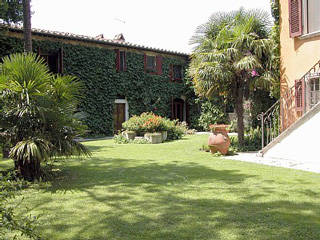
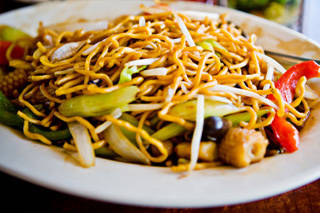
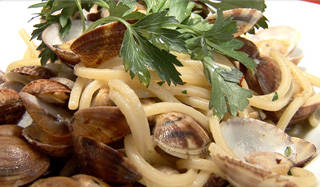
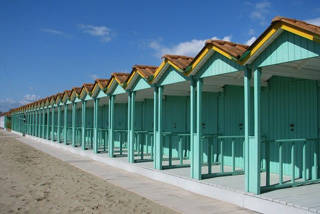



i-Italy
Facebook
Google+
This work may not be reproduced, in whole or in part, without prior written permission.
Questo lavoro non può essere riprodotto, in tutto o in parte, senza permesso scritto.